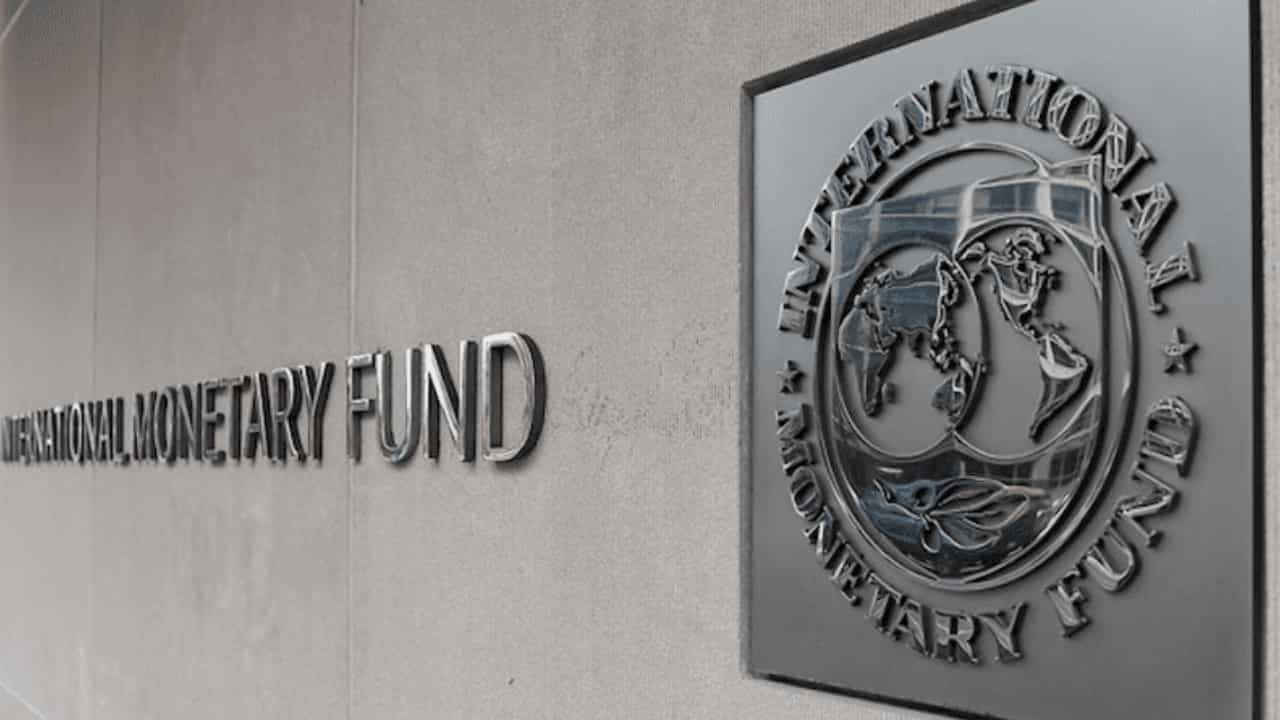The International Monetary Fund has approved the immediate release of $1 billion to Pakistan under its Extended Fund Facility (EFF), bringing total disbursements under the arrangement to $2.1 billion. The board is also evaluating a separate $1.3 billion package under the Resilience and Sustainability Facility (RSF), aimed at climate-linked reforms.
India abstains, flags risk of funds being used for terror
India abstained from voting at the IMF board meeting on Friday, expressing strong reservations about Pakistan’s intent and its track record with international financing. In a formal submission, New Delhi warned:
“The International Monetary Fund (IMF) today reviewed the Extended Fund Facility (EFF) lending program ($1 billion) and also considered a fresh Resilience and Sustainability Facility (RSF) lending program ($1.3 billion) for Pakistan. As an active and responsible member country, India raised concerns over the efficacy of IMF programs in case of Pakistan given its poor track record, and also on the possibility of misuse of debt financing funds for state sponsored cross border terrorism.”
The IMF decision comes as Pakistan continues to target Indian cities with military drones and missiles for the third night in a row. Drones were spotted over 26 locations in Jammu & Kashmir, Rajasthan, and Punjab. In Ferozepur, a drone strike injured three civilians in a residential colony. India’s air defence, including Akash missile systems and counter-drone tech, neutralised most incoming threats.
Pakistan PM calls IMF approval a win over India
Pakistani Prime Minister Shehbaz Sharif expressed satisfaction over the IMF decision, calling India’s objections a failed “high-handed tactic.” His office framed the bailout as a diplomatic victory in the face of mounting pressure from New Delhi.
India’s objections were sharpened by the April 22 Pahalgam terror attack, which killed 26 civilians and was claimed by The Resistance Front, a proxy of Pakistan-based terror outfit Lashkar-e-Taiba. This led to the launch of Operation Sindoor, under which nine terror camps in Pakistan and Pakistan-occupied Kashmir were destroyed earlier this week.
UN Security Council echoes India’s concern
India’s position has found resonance globally. The UN Security Council recently grilled Pakistan over the continued presence of terror groups like LeT on its soil. Indian intelligence has also linked Islamabad to international terror plots, including the 2005 London bombings and a 2024 attack in Russia.
India sats, money without checks is dangerous
With financial aid flowing into a country accused of nurturing terror networks, India has sounded a strong warning to global institutions. It argues that unchecked debt relief or climate financing without accountability can inadvertently embolden state-sponsored terrorism.
Strategic timing of IMF relief raises red flags
The timing of the IMF release just as India fends off coordinated cross-border strikes has raised questions within diplomatic circles. Experts argue this may set a worrying precedent, where countries facing international scrutiny for terrorism can still tap into multilateral financial assistance with few strings attached.
India’s abstention a rare but clear message to IMF
By abstaining instead of vetoing or voting against, India chose a strategic route sending a diplomatic signal without derailing the fund’s decision. However, officials made it clear that New Delhi’s stance on Pakistan’s misuse of international funds will continue to be raised across global platforms.
As Pakistan begins drawing down fresh IMF funds, focus now shifts to how strictly the IMF monitors fund utilisation. India, backed by its recent security data and international diplomacy, is expected to push for stronger conditionality enforcement and accountability.
Anurag Dhole is a seasoned journalist and content writer with a passion for delivering timely, accurate, and engaging stories. With over 8 years of experience in digital media, she covers a wide range of topics—from breaking news and politics to business insights and cultural trends. Jane's writing style blends clarity with depth, aiming to inform and inspire readers in a fast-paced media landscape. When she’s not chasing stories, she’s likely reading investigative features or exploring local cafés for her next writing spot.






